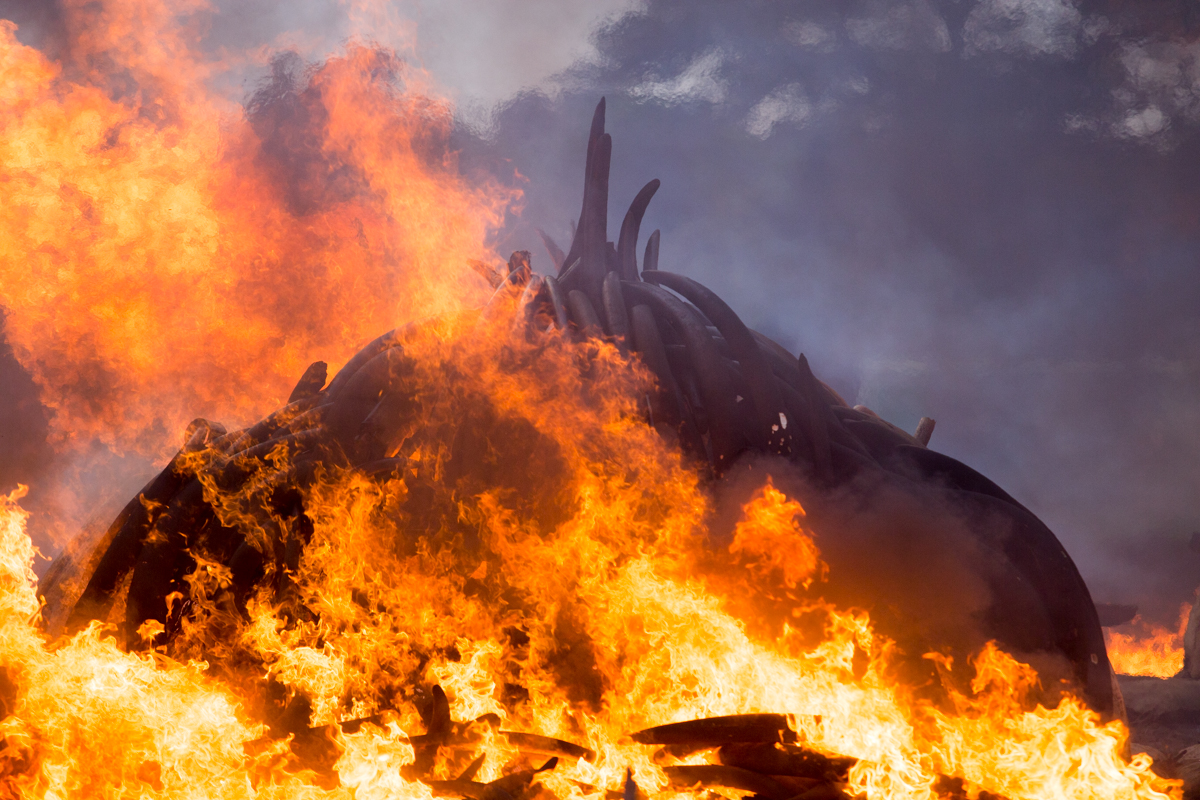A silent war is raging between mankind and the wildlife on our planet. The Illegal Wildlife Trade (IWT) is a low risk, high reward crime that has festered in the anonymous shadows, growing into a violent, lucrative and highly successful trade as ivory, skin and bones are exchanged on a global black market. But time is running out: the populations of cherished species such as rhino, elephant and tiger approaching a tipping point, beyond which they will take their place next to the dodo.
These lucky few spotlight species receive ample media attention, but the UN states there are at least 7,000 species being traded illegally worldwide. A WWF report rates the IWT as the “fourth largest global illegal trade” after narcotics, counterfeiting and human trafficking, with an annual value of at least $19 billion. Likened to a tsunami, it is devastating both endangered species and poor communities in its wake.
But the hard-bitten truth is that wildlife conservation just doesn’t sway political ballots, and government responses have been slow. Money talks, however, and any hope we may have in conserving endangered species before it’s too late now lies in global governments targeting the top level financial exchanges and backers propping up the entire trade.
At this year’s IWT Conference in London, it was clear illegal wildlife trade is now rightfully being headlined as a financial crime. Lord William Hague, chair of a new financial taskforce fighting IWT, pointed out that “wildlife traffickers brazenly exploit global financial systems to move the proceeds of their crimes.” To help put an end to this, The Mansion House Declaration was signed on October 10th 2018 by 30 financial organisations and global banks. This United for Wildlife Financial Taskforce will gather and share evidence to stem the large flow of illegal money and embrace the second theme of the conference, building coalitions.
“It will take a truly global approach, with multiple organisations and sectors working together, to eradicate this barbaric trade and so I am delighted that the financial sector is now committing its much needed support to do so,” said Lord Hague.
While frontline wardens and counter-poachers are using new technologies and DIY tricks to prevent illegal wildlife hunting on the ground, such as imitation ivory tusks embedded with GPS trackers, they can have limited success, as is evident from the still-declining populations of endangered species. But it’s not just a problem for limited and stretched wildlife departments to tackle. The Conference has grasped its limited political leverage, making one of the three themes “treating the IWT as a serious crime.” They are often the poor cousins when it comes to government funding, with animal defenders, such as rangers, earning on average just $9 a day. It’s time to take down the big fish because all too often it is just the small guys that get convicted.










